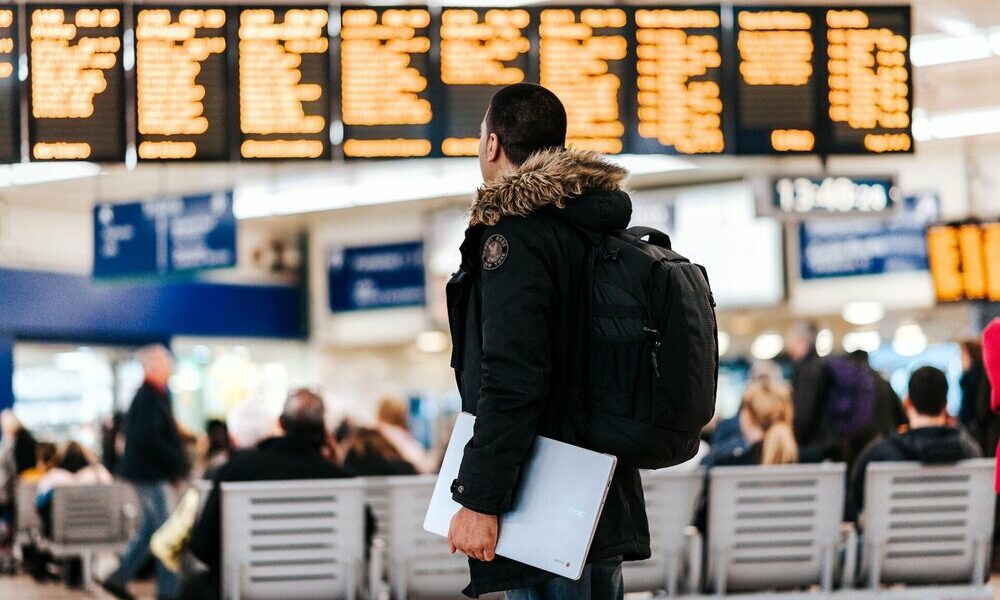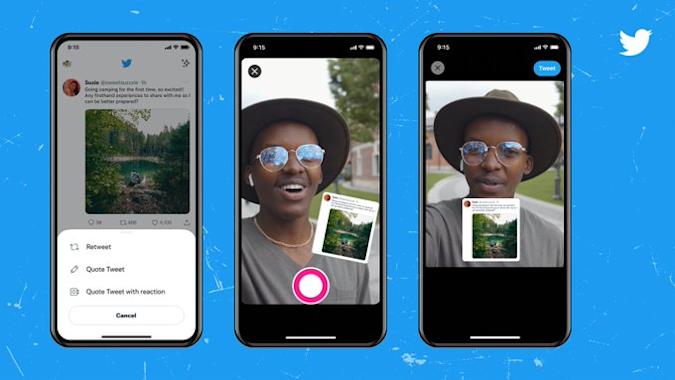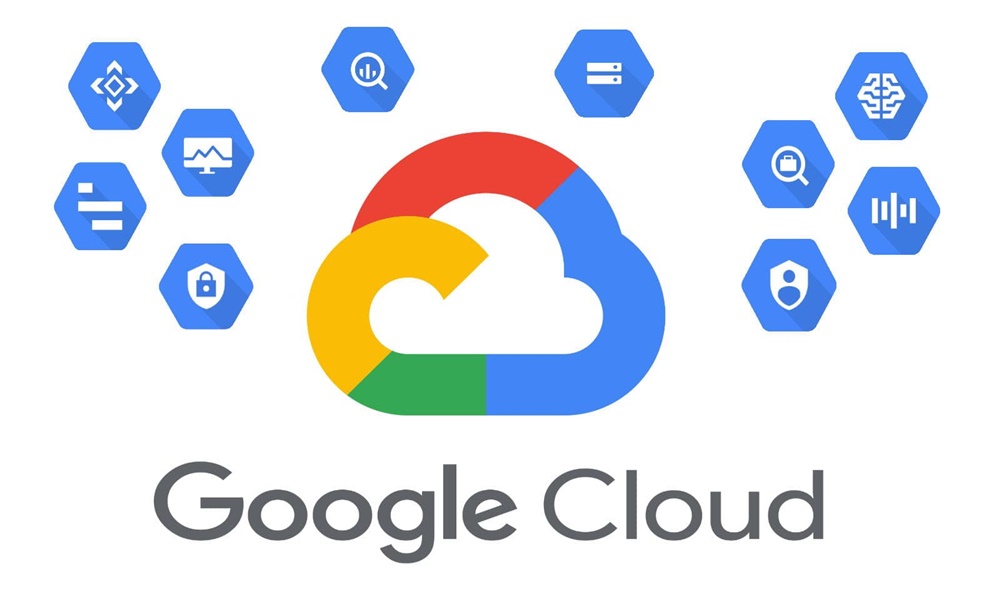
The Technological advances have revolutionized the way we travel, offering us comfort and connectivity at our fingertips. However, these technological improvements have also made travelers, including your customers and employees, more increasingly vulnerable to cyber threats.
It is crucial to prioritize safety practices, both inside and outside the facility. Here are some key strategies to ensure the security of devices and data, regardless of their location:
1. Implement strong password policies
Encourage the use of strong passwords and PINs of at least twelve characters, which combine upper and lower case letters, numbers and symbols. This practice makes it more difficult for hackers to guess or crack passwords using brute force or dictionary attacks. Avoiding easily guessed information (such as names, birthdays, or addresses) is essential.
According to a survey by Google and the Harris Poll, 52% of people reuse the same passwords for multiple accounts, and 13% use the same password for everything. Make sure that your customers and employees are not part of those statistics. Instead, roll out password management apps that force everyone to use a unique, random code for every account and device. This makes it easy to ensure that each end user is creating and storing everything securely.
2. Keep devices up to date
Regularly update devices with the latest security and firmware patches is crucial to protect yourself from known vulnerabilities. Vendors constantly release these updates to fix bugs and security loopholes and keep users safe from cyber threats. As an MSP, it’s important to stay vigilant and ensure that all the devices under your protection are always up to date. Turn on automatic updates whenever possible to ensure that critical security patches are installed quickly.
3. Promote responsible sharing
When traveling, your clients or employees may be tempted to post their experiences online with friends and family. However, care must be taken when publicly disclosing sensitive information. Remind everyone to avoid sharing travel itineraries, hotel details, or personal contact information on social media or other platforms. I advise against posting photos of boarding passes or travel tickets. That information can attract unwanted attention from hackers, scammers, or even thieves. He encourages end-users to limit audiences to people they trust, and reiterates the importance of refraining from sharing too many details about your trips (and how long you’ll be away from home).
4. Caution with public Wi-Fi networks
Access points in hotels, conference centers and public areas pose significant security risks. These networks are often not secure, allowing hackers to intercept data and potentially inject malware onto devices. Warn everyone—customers, employees, friends, and family—to avoid connecting to public Wi-Fi and instead use secure mobile networks whenever possible. Deploying solutions like Acronis Cyber Protect Cloud provides anti-malware protection that prevents your customers from accessing harmful websites or downloading malicious files, regardless of their location.
5. Emphasize Regular Backups
Data loss can be devastating, especially when traveling. Emphasize the importance of regularly backing up important files such as photos, videos, documents, and contacts. Various methods can be used, such as cloud storage services, external hard drives or USB. Evaluate their needs and recommend the most suitable solutions, such as Acronis Cloud Backup, which offers secure and compliant cloud storage, keeping data properly protected and easily restorable.
6. Highlight the need for secure device storage
In public areas like airports or coffee shops, customers and their employees should always avoid leaving their devices unattended. If you absolutely need to get away, devices should be securely locked with a password or PIN and stored in a secure location. There are many anti-theft bags that can be securely strapped to furniture if you need to get away momentarily. Make sure tracking apps are installed or enabled on the devices you handle to facilitate recovery in the event of theft or accidental loss.
7. Encourage environmental awareness
Educate everyone on the best way to maintain situational awareness while traveling or away from home. Emphasize to your customers the importance of being aware of the people around them and how to quickly report any suspicious behavior to the authorities. Recommend or provide computer bag locks or security cables that can minimize the risk of theft, and remind them to avoid using the devices in crowded places where others may have visibility into their online activities or credentials.
Travel with confidence
Implementing these essential cybersecurity practices enables MSPs significantly improve the security of customer devices and data and employees when they travel. Through regular newsletters, share tips and reminders to ensure everyone is informed about the importance of keeping passwords strong, keeping devices up to date, and implementing responsible sharing practices. Constantly remind end users to avoid public Wi-Fi networks, back up data regularly, adopt secure storage options, and always be aware of your surroundings.
MSPs should also consider creating and sharing electronic policies covering the use of technology outside of the office and developing guidelines to ensure safe and secure remote work practices.
The proactive measures, education and effective policy implementation they allow your customers and employees to enjoy their trips with peace of mind, knowing that their digital footprint (and their personal information) will be better protected.



